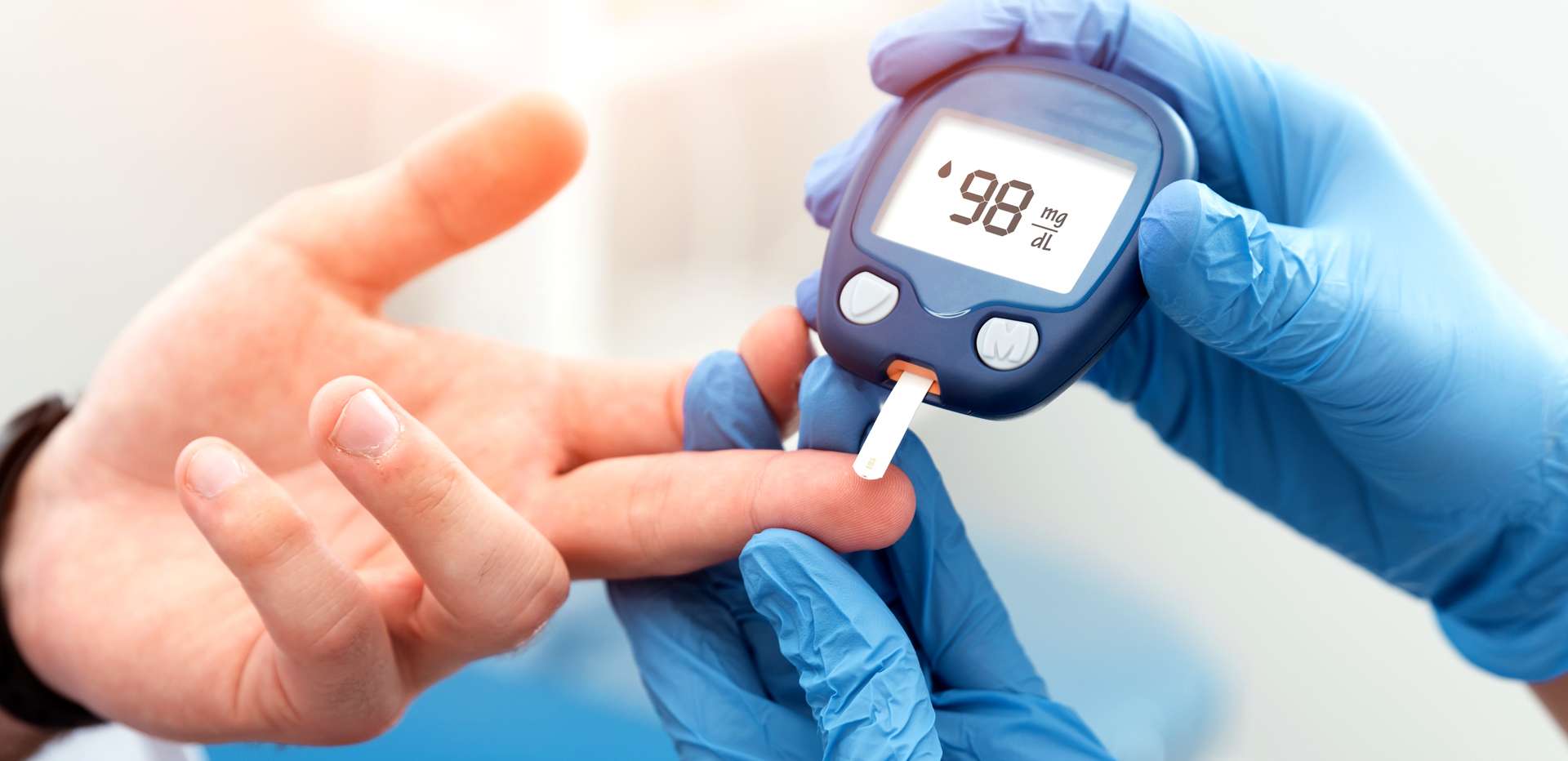Type 2 diabetes is a chronic condition that affects how your body processes sugar (glucose). It’s the most common form of diabetes, impacting millions worldwide. Understanding the causes of type 2 diabetes is crucial for prevention and management. This article will explore the various factors that contribute to the development of this condition, using simple language to make the information accessible to everyone.
Understanding Type 2 Diabetes
Before diving into the causes, it’s essential to understand what type 2 diabetes is. In this condition, your body either resists the effects of insulin—a hormone that regulates the movement of sugar into your cells—or doesn’t produce enough insulin to maintain normal glucose levels. As a result, glucose builds up in your bloodstream instead of being used by your cells for energy.
Causes of Type 2 Diabetes
Several factors contribute to the development of type 2 diabetes. These include genetic, lifestyle and environmental factors. Let’s look at each of the causes of type 2 diabetes in detail.
Genetic Factors
- Family History: If you have a family member with type 2 diabetes, your risk of developing the condition increases. This suggests a genetic link, meaning it can run in families.
- Ethnicity: Some ethnic groups, such as African Americans, Hispanic/Latino Americans, Native Americans and Asian Americans, have a higher risk of developing type 2 diabetes. The reasons for this are not entirely clear but may involve genetic factors and lifestyle differences.
Lifestyle Factors
- Poor Diet: Consuming a diet high in processed foods, sugary beverages and unhealthy fats can increase your risk of type 2 diabetes. These foods can lead to weight gain and increase blood sugar levels, putting more strain on your body’s ability to process sugar.
- Lack of Physical Activity: Regular physical activity helps your body use insulin more effectively and maintain a healthy weight. A sedentary lifestyle, on the other hand, increases your risk of developing type 2 diabetes.
- Obesity: Being overweight or obese is one of the most significant risk factors for type 2 diabetes. Excess fat, especially around the abdomen, can make your cells more resistant to insulin.
Environmental Factors
- Age: Although type 2 diabetes can develop at any age, the risk increases as you get older. This is partly due to the cumulative effects of poor lifestyle choices and a natural decline in insulin production over time.
- Hormonal Changes: Conditions such as polycystic ovary syndrome (PCOS) in women can increase the risk of type 2 diabetes. PCOS is associated with insulin resistance and obesity, both of which are risk factors for diabetes.
- Gestational Diabetes: Women who develop diabetes during pregnancy (gestational diabetes) are at a higher risk of developing type 2 diabetes later in life.
Additional Risk Factors
- High Blood Pressure and Cholesterol: Having high blood pressure or abnormal cholesterol levels can increase your risk of type 2 diabetes. These conditions are often linked to unhealthy lifestyle choices that also contribute to diabetes.
- Smoking: Smoking increases the risk of various health issues, including type 2 diabetes. It can lead to insulin resistance and exacerbate other risk factors like high blood pressure.
- Sleep Patterns: Poor sleep quality and patterns, such as irregular sleep schedules or sleep apnea, have been linked to an increased risk of type 2 diabetes. Sleep affects how your body processes glucose and regulates insulin.
Recognising the Symptoms of Type 2 Diabetes
Early detection of type 2 diabetes can significantly improve the management of the condition. Here are some of the common diabetes symptoms that you should watch out for:
- Increased Thirst and Hunger: High blood sugar levels can make you feel more thirsty and hungry than usual.
- Frequent Urination: You may need to urinate more often, especially at night, as your kidneys work harder to eliminate excess glucose.
- Fatigue: Feeling unusually tired is a common sign of diabetes, as your body struggles to use glucose for energy.
- Blurred Vision: High blood sugar can cause the lenses in your eyes to swell, leading to blurred vision.
- Slow-Healing Sores: Cuts and bruises that take longer to heal can be a sign of diabetes, as high blood sugar levels impair your body’s ability to repair itself.
- Numbness or Tingling: Nerve damage caused by high blood sugar can lead to tingling or numbness in your hands and feet.
Prevention and Management of Type 2 Diabetes
Understanding the causes and signs of type 2 diabetes is important, but prevention and management are equally important. Here are some strategies to reduce your risk and manage the condition if you are already diagnosed:
- Healthy Diet: Following a balanced diet that includes plenty of fruits, vegetables, whole grains and lean proteins can help manage your blood sugar levels. Avoiding processed foods and sugary drinks is also essential.
- Regular Exercise: Engaging in regular physical activity, such as walking, swimming or cycling, can help you maintain a healthy weight and improve your body’s insulin sensitivity.
- Weight Management: Achieving and maintaining a healthy weight can significantly reduce your risk of type 2 diabetes. If you are overweight, even a modest weight loss can make a difference.
- Monitoring Blood Sugar: Regular blood tests for diabetes can help you keep track of your blood sugar levels and make necessary adjustments to your diet and lifestyle.
- Medications and Insulin Therapy: In some cases, lifestyle changes alone may not be enough to manage type 2 diabetes. Your doctor may prescribe medications or insulin therapy to help control your blood sugar levels.
- Education and Support: Learning about type 2 diabetes and connecting with support groups can provide valuable information and encouragement to manage the condition effectively.
Book a Diabetes Blood Test at Touchwood Pharmacy
Type 2 diabetes is a complex condition with multiple causes, including genetic, lifestyle and environmental factors. By understanding these causes and recognising the symptoms, you can take proactive steps to prevent and manage the condition. Adopting a healthy lifestyle, maintaining a balanced diet, engaging in regular physical activity and monitoring your blood sugar levels are all crucial in managing type 2 diabetes effectively.
If you have any concerns about type 2 diabetes or its symptoms, book an appointment for a blood test with Touchwood Pharmacy today. Our experienced pharmacists are here to help you, providing professional advice and care without the need to visit your GP. Early detection is crucial and we are committed to supporting your health. Schedule your blood test now and take a proactive step towards managing your health.


























